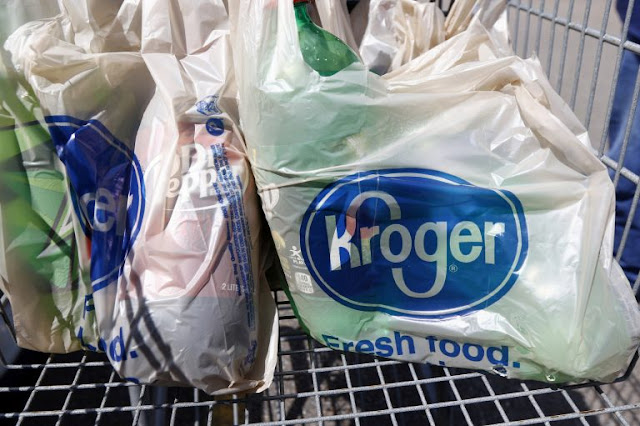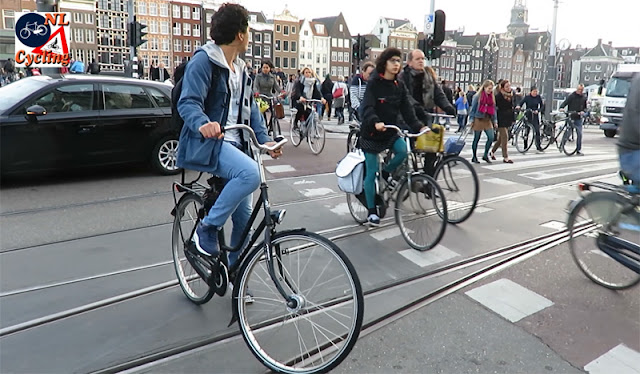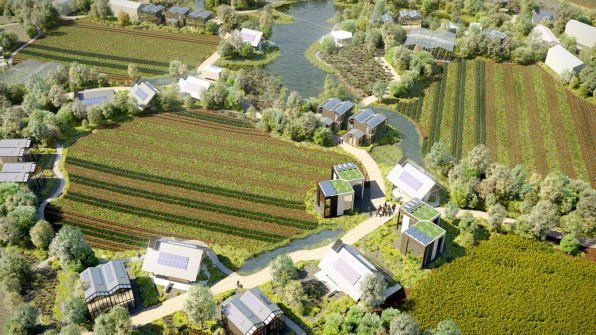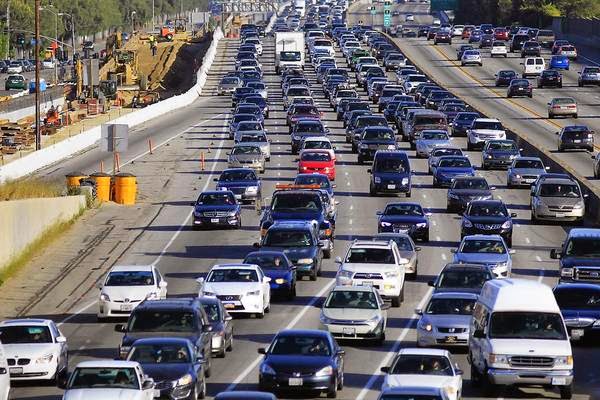It's Called Thinking
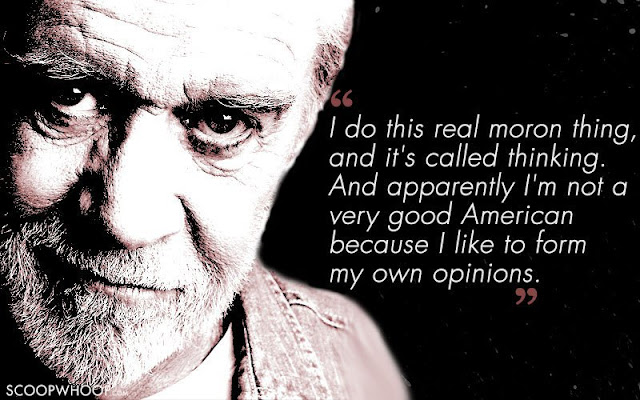
George Carlin. He would have a field day with what's going on politically and the media frenzy surrounding it today. Separating factual news statements from opinions n today's world, it is becoming increasingly difficult to distinguish between factual news statements and opinions. With the rise of social media and the 24-hour news cycle, it is easy to fall into the trap of consuming news that is biased and inaccurate. If you rely solely on TV news for your information, you are likely to be misinformed. It is important to take the time to do your own research and come up with your own conclusions. Do not blindly accept the opinions of others without verifying the facts for yourself. The media industry is driven by profits, and they will do whatever it takes to keep their audience engaged, even if it means feeding them false information. To avoid being misled, it is essential to develop critical thinking skills and to seek out reliable sources of information. Look ...

